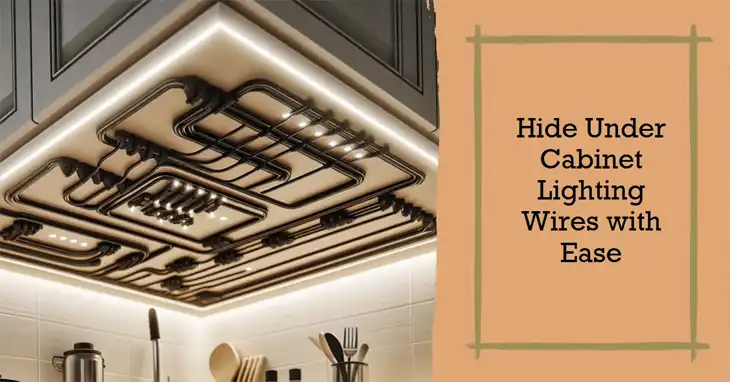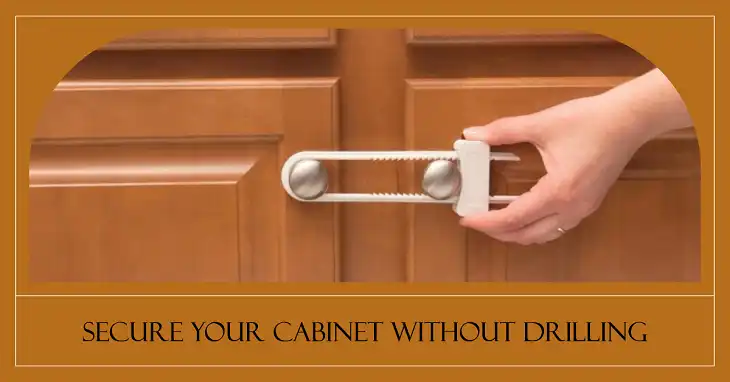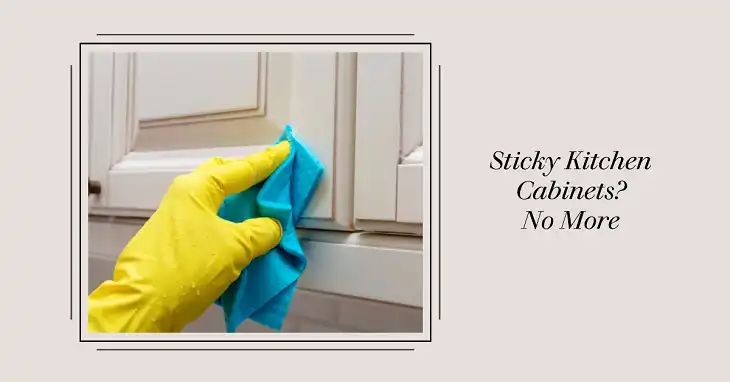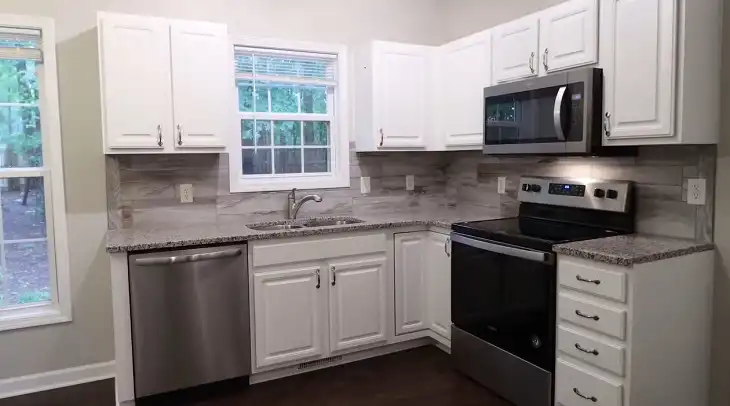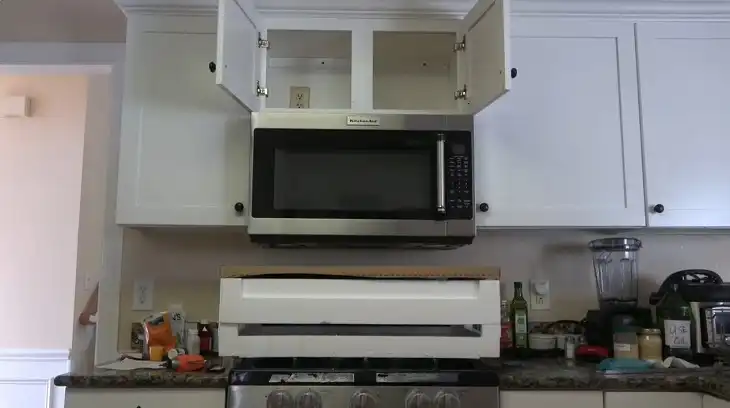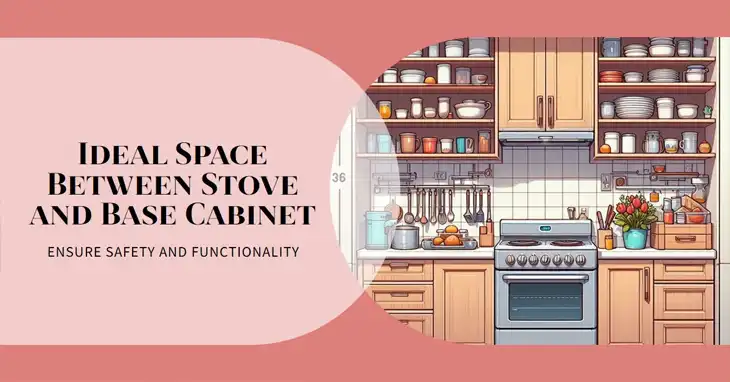Comparing Cabinet Wood Types and Costs | So You Don’t Have to
Whether you’re remodeling your kitchen, upgrading your bathroom, or building new storage, choosing the right wood for your cabinets can be pivotal. Different wood types not only impact the aesthetics and durability of your cabinets but also significantly affect the overall cost.
From affordable options like MDF to luxurious choices like mahogany, this guide will help you understand the characteristics, pros and cons, and price points of various cabinet wood types. In the end, you’ll be equipped with enough knowledge to make the right call confidently, while saving a bit of cash if possible.
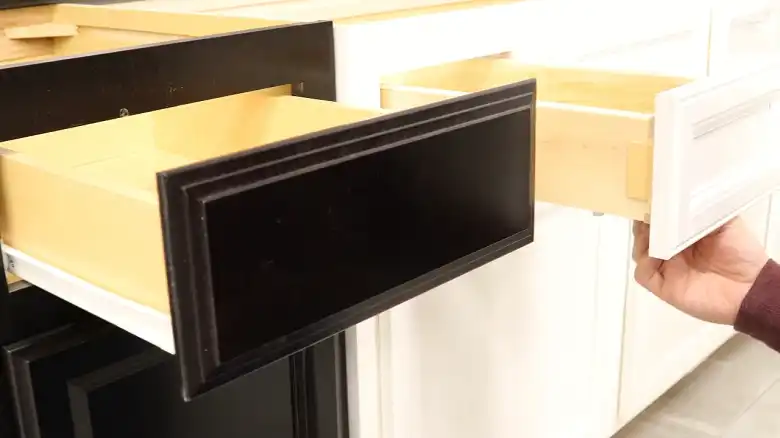
How to Tell Cabinet Wood Type
Identifying the wood type of your cabinets can be challenging, especially with the many finishes and stains used today. However, certain characteristics can help you determine the wood:
- Grain Patterns: Each wood type has a unique grain pattern. For example, oak has prominent, uneven grains, while maple features a smoother, more consistent appearance.
- Color Variations: Unstained woods have distinct natural hues—cherry often has reddish tones, while walnut leans toward darker browns.
- Hardness: Some woods feel denser and harder than others. Knocking on the surface can give clues; hardwoods like oak are much sturdier than softer woods like pine.
- Labels or Stamps: Check inside cabinets for manufacturer labels or stamps, which might specify the wood type.
If you’re unsure, consider consulting a professional or bringing a small sample to a lumberyard or hardware store for identification.
What Type of Wood Is Best for Cabinets?
The best wood for cabinets depends on your priorities: durability, appearance, or budget. Here are some of the most popular options:
- Oak: Known for its strength and prominent grain, oak is ideal for traditional and rustic styles. It’s highly durable and moderately priced.
- Maple: Maple offers a smooth finish, making it perfect for painted cabinets or modern designs. It’s harder than oak and slightly more expensive.
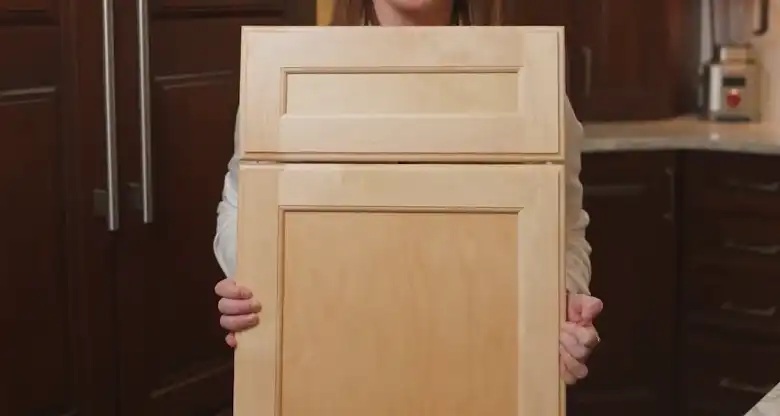
- Cherry: With its rich, warm tones that darken over time, cherry is a premium option for elegant, high-end cabinetry.
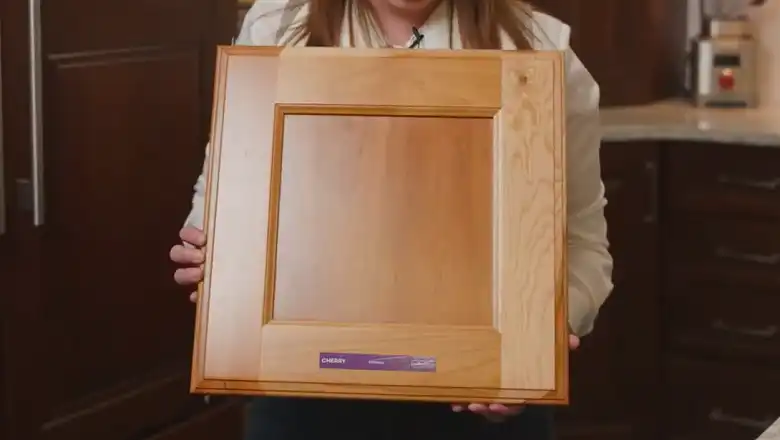
- Walnut: Walnut provides a luxurious dark color and fine grain, but it comes with a high price tag.
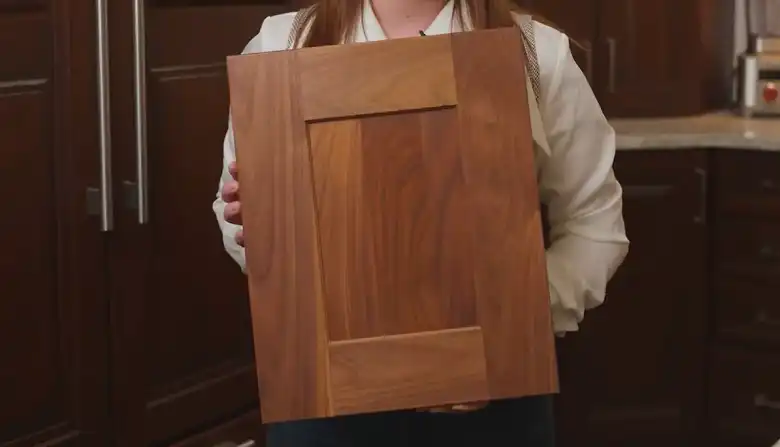
- Pine: A softwood, pine is affordable and lightweight but prone to dents and scratches, making it less ideal for high-traffic areas.
Each wood type balances cost, durability, and style differently, so choosing the right one depends on your specific needs.
Is Plywood or MDF Better for Cabinets?
When comparing plywood and MDF (Medium Density Fiberboard), the choice depends on your budget, style preferences, and intended use.
Plywood: Made by layering thin sheets of wood, plywood is strong, lightweight, and resistant to warping. It’s excellent for cabinet boxes and is a popular choice for durable construction. However, it’s pricier than MDF.
MDF: MDF is engineered from wood fibers and resins, providing a smooth surface that’s ideal for painted finishes. While it’s cheaper than plywood, MDF is heavier and less durable, making it more prone to sagging over time.
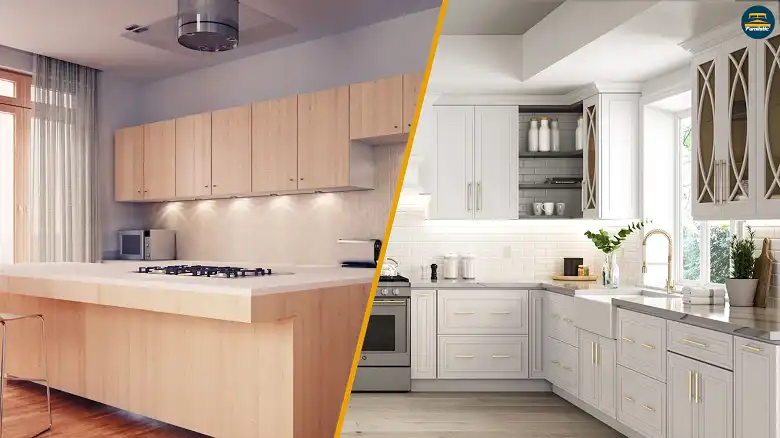
| Feature | Plywood | MDF |
| Material | Layered sheets of wood veneer | Engineered wood fibers and resin |
| Durability | Strong, lightweight, resists warping | Less durable, prone to sagging |
| Moisture Resistance | Better resistance to moisture | Susceptible to swelling when wet |
| Finish | Natural wood grain, can be stained | Smooth surface, ideal for painting |
| Weight | Lighter | Heavier |
| Cost | More expensive than MDF | Affordable, budget-friendly |
| Best Use | Structural components, high-traffic areas | Painted cabinets, budget projects |
Are MDF Cabinets Cheap?
Yes, MDF cabinets are among the most affordable options available. They offer a cost-effective solution for homeowners who want a sleek, painted look without the expense of hardwoods. However, they may not be the best choice for humid environments, as MDF tends to swell when exposed to moisture.
Which Cabinet Wood Is the Cheapest?
The cheapest cabinet wood types are typically engineered or softwoods:
- MDF: As a manufactured material, MDF is one of the most budget-friendly options.
- Pine: Among natural woods, pine is affordable and widely available. Its light weight and versatility make it a go-to choice for cost-conscious projects.
These materials are ideal for those looking to save money without sacrificing functionality, although they may not offer the same longevity as hardwood options.
What Type of Wood Cabinets Are Most Expensive?
The most expensive wood types for cabinets are premium hardwoods known for their beauty and durability:
- Mahogany: Renowned for its deep, rich color and incredible durability, mahogany is one of the most luxurious cabinet wood types.
- Walnut: Walnut combines strength and elegance with its dark hues and fine grain, but it comes with a high price tag.
- Cherry: Although slightly less expensive than mahogany, cherry is still a costly choice, offering unmatched warmth and a timeless aesthetic.
These woods are often used in high-end custom cabinetry or luxury home designs.
Here’s a complete overview of each cabinet wood vs their cost per square foot.
| Wood Type | Cost Range (per square foot) | Key Features |
| MDF | $5–$10 | Affordable, smooth surface, easy to paint |
| Pine | $7–$15 | Lightweight, softwood, budget-friendly |
| Oak | $15–$25 | Durable, prominent grain, classic look |
| Maple | $20–$30 | Smooth finish, great for painting |
| Cherry | $25–$40 | Rich, warm tones, premium appearance |
| Walnut | $30–$50 | Dark hues, elegant, high-end choice |
| Mahogany | $40–$70 | Luxurious, deep color, highly durable |
Frequently Asked Questions
What Is the Most Popular Wood Cabinet?
Oak and maple are two of the most popular wood choices for cabinets due to their balance of affordability, durability, and versatility. Oak is favored for its distinct grain and traditional appeal, while maple’s smooth texture makes it ideal for modern and painted finishes.
Which Wood Is the Most Durable?
Hardwoods like hickory, maple, and oak are among the most durable options for cabinets. Hickory, in particular, is extremely hard and resistant to dents and scratches, making it ideal for high-traffic areas.
Conclusion
From the affordability of pine and MDF to the elegance of walnut and mahogany, there’s a perfect option for every project. Understanding different cabinet wood types and their costs allows you that added bit of headroom, the one required to strike a balance between affordability, luxury, and utility.
By weighing the pros and cons of each wood type, you can select cabinets that fit your style, budget, and practical needs. And we hope this small effort was of some help in that journey of yours. Thanks for reading!

